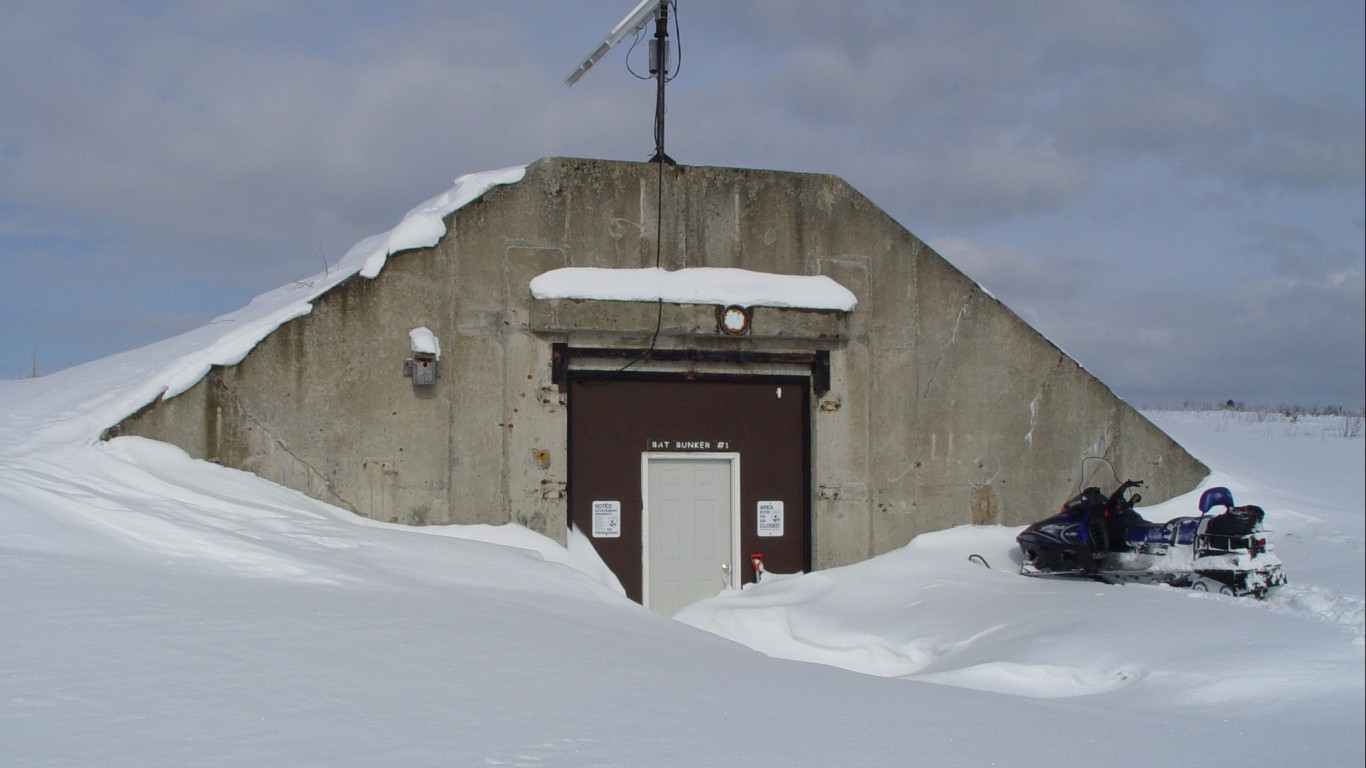

The outbreak of the COVID-19 novel coronavirus has now expanded well beyond China and has reached much higher numbers than global health watchers would have hoped for. With more cases in Italy, Iran and South Korea, there are also newly reported cases in Spain, Greece, Brazil, elsewhere in the Middle East and so on. The instances of deaths and illnesses are the worst situations to consider, but the underlying “fear and uncertainty” are already spelling trouble for the global economy. The World Health Organization (WHO) has said that the number of cases outside of China are now greater than the number of cases in China, and the U.S. Centers for Disease Control and Prevention (CDC) has warned that it’s likely “when rather than if” for expectations of an outbreak in the public in the United States.
The public has every right to be concerned about the coronavirus, and there are some lessons from the not-so-distant past that may prove to be beneficial from a rather unique subset of the population: doomsday preppers.
24/7 Wall St. routinely tracks many issues covering the economy and the personal well-being of the average person. With this in mind, we have looked back at our coverage of doomsday preppers from the past decade and applied some of the thoughts to the current scare. The public hasn’t had to pay much attention of late because the last rise of the doomsday preppers was during and in the aftermath of the Great Recession. Still, every agency and forecasting outfit around has warned about GDP taking a hit. And a fresh look at consumer sentiment took a dive with citations about the coronavirus fears.
The first thing to consider is that doomsday prepping is not a new phenomenon, nor are the concerns over viral outbreaks. There are still many homes and many buildings throughout America that have built-in bomb shelters from the Cold War era, and many people have built remote shelters in more modern times to protect their families from societal threats. The U.S. Congress even built a government relocation site at the famous Greenbrier Resort as an alternative site.
Before considering doomsday preppers might be too extreme for the coronavirus scenario, not all doomsday preppers are alike. Some have feared a global economic meltdown. Some have feared a totalitarian takeover or terrorism of various sorts. Others just fear mass unrest. And some preppers fear pandemic outbreaks. This means that not all the lessons of the doomsday preppers from the past decade will apply to those people who are greatly concerned about the coronavirus. There are still some issues that can be applied to the current coronavirus situation.
Before considering that activities and efforts of doomsday preppers may be going too far, imagine what a pandemic outbreak would do in America. The very first lesson to observe is what took place in China during January and February. The city of Wuhan was locked down, cutting all travel in and out. Workers were told to stay home, and some could not get to where they needed to go. Airlines stopped flying in and out of China for the most part, and the travel industry has continued to see declining demand and higher cancellations.
Extreme survivalists within the prepping community would keep “bugout gear” handy that goes well beyond a suitcase, backpack and tent. Many preppers keep gold and silver stashed away (and gold has risen from under $1,500 per ounce at the end of 2019 to as much as $1,650 in February). Many preppers also keep guns, knives and ammunition handy, as well as many basic medical supplies. Preppers were also known for owning generators and keeping extra food and basic cooking supplies that could last for months.
If we just take the CDC at its word that the public should prepare for a “when rather than if” scenario, a pandemic outbreak would cause major disruptions. Air travel may face cancellations or limited numbers of flights, and even the flow of goods around the United States could face delays or come to a halt. Hospitals and medical facilities could become overwhelmed. Many factories and offices could be closed. Schools could be closed, and mass gatherings and public events could be canceled. While these may seem overly alarming, those warnings already have been made, and that’s what has recently happened in other nations.
If you add all these considerations up, the United States could turn into an economy that becomes stuck at home with no place to go. Assuming shelter is already accounted for, there are many other considerations about the basics of life that preppers could teach the public, and many industries have already announced that they have been affected by the coronavirus.
Thank you for reading! Have some feedback for us?
Contact the 24/7 Wall St. editorial team.
 24/7 Wall St.
24/7 Wall St.


